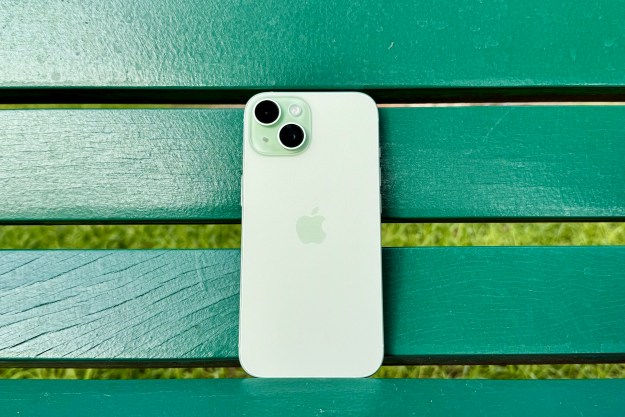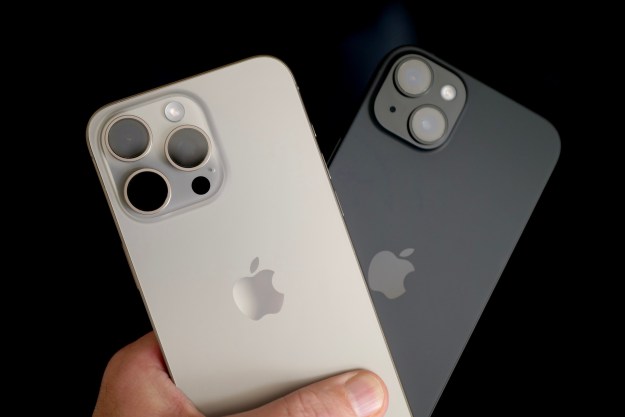
Although not everybody with an iPhone wants to jailbreak the device and explore the wild and wooly world of iPhone applications not sanctioned by Applem, the Cupertino company is apparently taking a dim view of developers who want to create programs and applications and distribute them in some way besides the officially sanction iTunes App Store. The latest version of the iPhone software development kit (SDK) forbids developers from distributing their programs in any way except via ad hoc distribution of via the App Store—which, of course, famously only offers programs that have met Apple’s still-unstated criteria for distribution.
The new clause in terms for the iPhone SDK reads: “Applications developed using the Apple Software may only be distributed if selected by Apple (in its sole discretion) for distribution via the App Store or for limited distribution on Registered Devices (ad hoc distribution) as contemplated in this Agreement.” Developers pay $99 to enroll in the developer program. Enterprises can sign up for $299, although enterprise developers don’t get App Store distribution as an option; instead, they can use in-house ad-hoc distribution to get applications to employees. Enterprises are categorized as businesses or organizations with 500 or more employees.
Apple’s move is no doubt a shot across the bow at Cydia, an application that comes with software designed to “jailbreak” iPhones and break them loose from AT&T or other authorized carriers and lets the devices run unauthorized software. Cydia recently launched a storefront for unauthorized iPhone applications, enabling developers to earn money for iPhone programs that aren’t available through Apple. Technically, developers who use the new iPhone SDK to create applications distributed via unapproved channels would now be exposing themselves to liability for breach of contract with Apple. And Cydia may not be Apple’s only target: another company has promised to open a storefront for adult-oriented iPhone applications.
Apple’s move may serve the heighten the debate over ownership and rights on mobile devices. When users by a PC, neither Apple nor Microsoft or any other organization has any claim on controlling what software may be installed on the system; however, with the iPhone and iTunes App Store, Apple has asserted itself as the sole arbiter of what programs and services may or may not be used on the iPhone.
Editors' Recommendations
- How to find your phone number on iPhone or Android
- iPhone SE deals: Refurbished 2nd and 3rd Gen iPhones
- Best refurbished iPhone deals: Get an iPhone 14 for $513
- Nomad’s new iPhone case and Apple Watch band may be its coolest yet
- Best iPhone deals: Save on iPhone 15, iPhone 15 Pro Max and more


